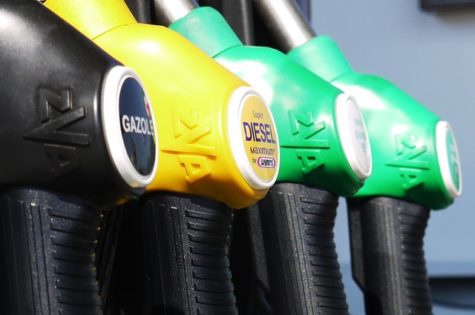MONTREAL — Reversing popular knowledge, it seems that diesel has surpassed regular gasoline in cleanliness, according to a major new international study.
In the past, diesel has been not as refined as well as gasoline and thus thought of as worse for the air and the environment than gasoline. But as its manufacturers have cleaned up their processes over time, diesel fuel has become far more tolerable for the environment.

For years, environmental regulators have focused on making diesel a cleaner-burning fuel source, but University of Montreal researcher Patrick Hayes suggests they now turn their attention to gasoline and other more toxic air pollution sources.
“Diesel has a bad reputation because you can see the pollution, but it’s actually the invisible pollution that comes from gasoline in cars that’s worse,” says Hayes in a media release. “The next step should be to focus on gasoline or removing old diesel vehicles from the road.”
Hayes and researchers from six nations measured the carbonaceous particulate matter (PM) emitted from automobile tailpipes. Secondary organic aerosol (SOA) is the notably more dangerous ingredient of carbonaceous PM.
The researchers measured the carbonaceous PM of automobiles at different temperatures and found that the lower the temperature, the more carbonaceous PM that gasoline cars emit. In mild climates (around 70 degrees Fahrenheit) gasoline cars emitted 10 times the amount of carbonaceous PM than diesel cars. That number ballooned to 62 times the amount in sub-freezing weather, something that the scientists attributed this to gas-powered cars’ inefficiency at low temperatures.
The authors warn that earlier models of diesel-powered vehicles are not as environmentally-friendly because they lack the particle filters that are used in today’s models.
“Modern diesel vehicles have adopted new standards and are now very clean, so attention needs to now turn to regulating on-road and off-road gasoline engines more,” says Hayes. “That’s really the next target.”
The study’s findings were published in the journal Scientific Reports.
